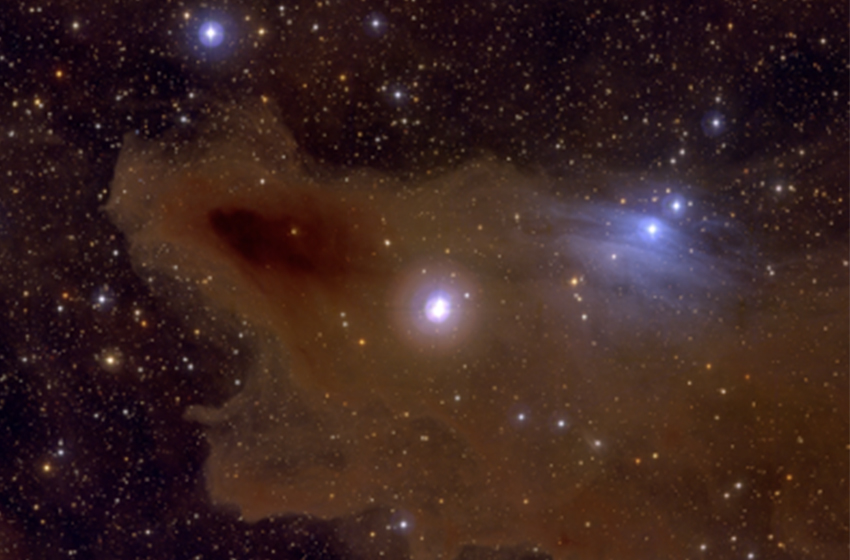On Monday28.11.22) at 12.00 c.t. the next meeting of our physics colloquium will take place.
The speaker will be Prof. Dr. Ludovic Van Waerbeke (University of British Columbia) on the topic: "Why Is It so Difficult to Probe the Nature of Dark Matter?".
Ninety years after the first hints of its existence, the nature of dark matter remains elusive. The only physical property firmly supported by observations is the "Cold" aspect of dark matter. Decades of direct search experiments have helped to reduce the range of some parameters of the so-called Weakly Interacting Massive Particles (WIMPs) model, but no direct detection has yet been reported. In this context, the exploration of dark matter models, other than WIMPs, has gained momentum.
The WIMPs model is based on fundamental assumptions, assumptions which are generally not questioned although not supported by direct observations. Abandoning them opens the path to alternative models of dark matter, but in order to be credible, these models have to predict specific signatures. The coming era of large scale surveys (Euclid, Rubin, Roman, SKA, etc...), going to probe to unprecedented depth and resolution the entire electromagnetic spectrum, from radio to gamma-ray wavelengths, might be the best opportunity astronomers ever had to test the electromagnetic signature of dark matter.
In this talk, after reviewing the assumptions behind the WIMPs paradigm, I will introduce the Axion Quark Nugget model. No wild extension of the standard model of particle physics is needed, other than the existence of the QCD axion. The axion field triggers the formation of two types of nuggets, matter and antimatter, at the quark-hadron phase transition. These nuggets would constitute the dark matter we observe today. The interactions between baryonic matter and the antimatter nuggets lead to a variety of predictable electromagnetic signatures. There are hints that some of them might have already been seen, and some others are within reach of upcoming surveys.
Abstract lecture Prof. Dr. Ludovic Van Waerbeke
The introduction will be made by Prof. Dr. Hendrik Hildebrandt.
The faculty cordially invites all interested parties. The event will take place in lecture hall HNC 10 and hybrid via Zoom. Before the colloquium we offer coffee and cookies.
This link will take you to the Zoom event (Meeting-ID: 632 5520 9938, password: 526977). All dates of the Physics Colloquium can be found here.


